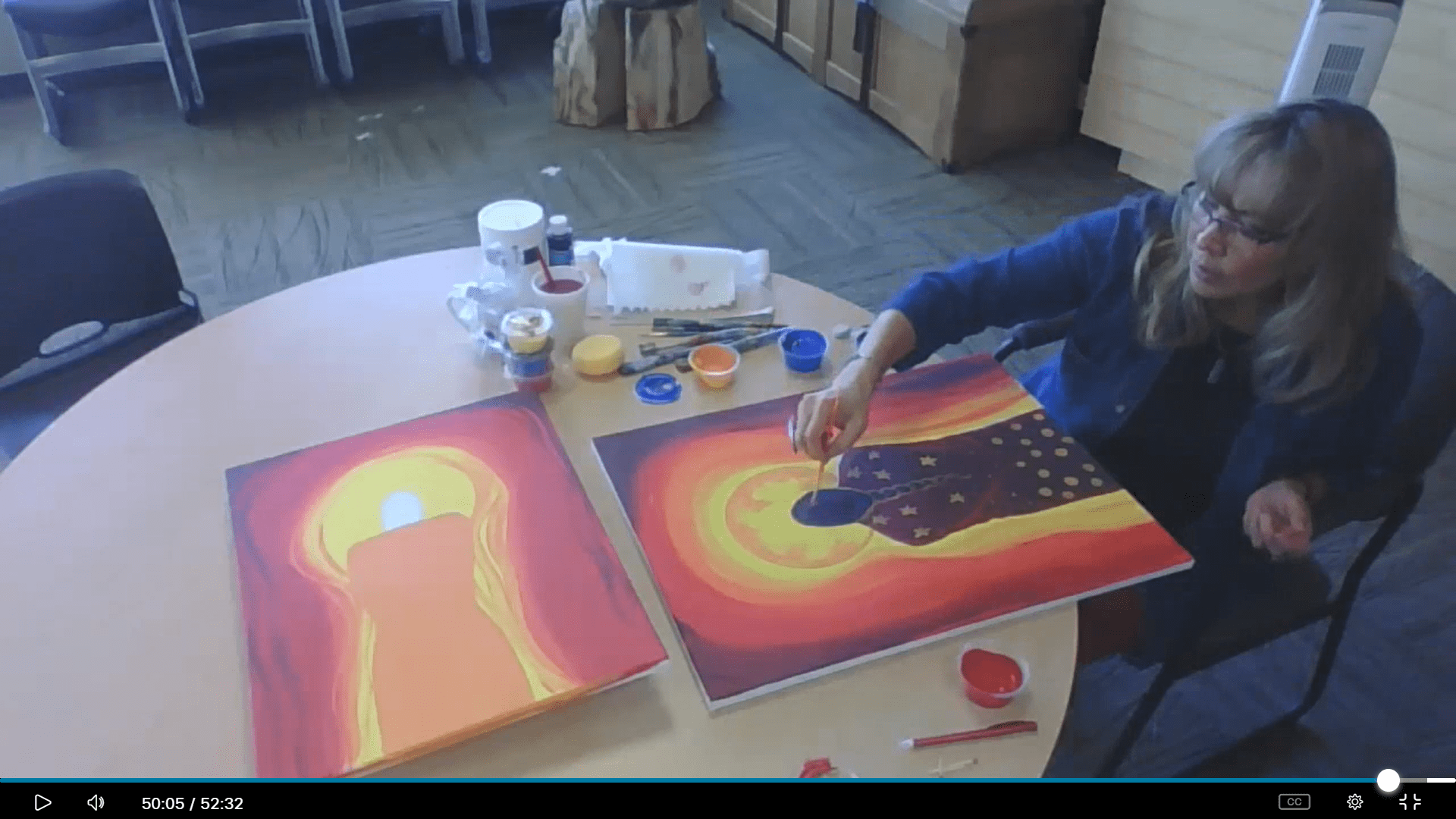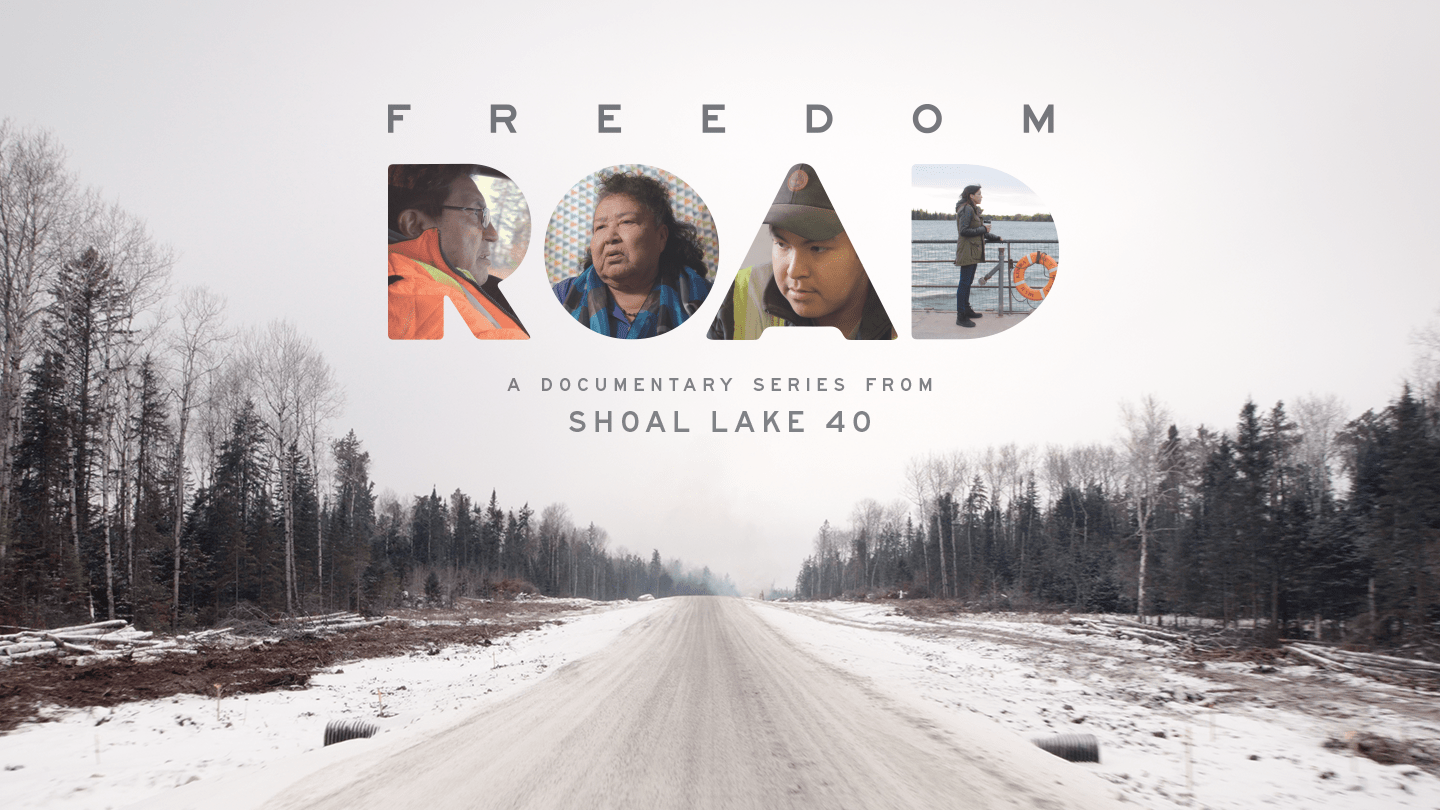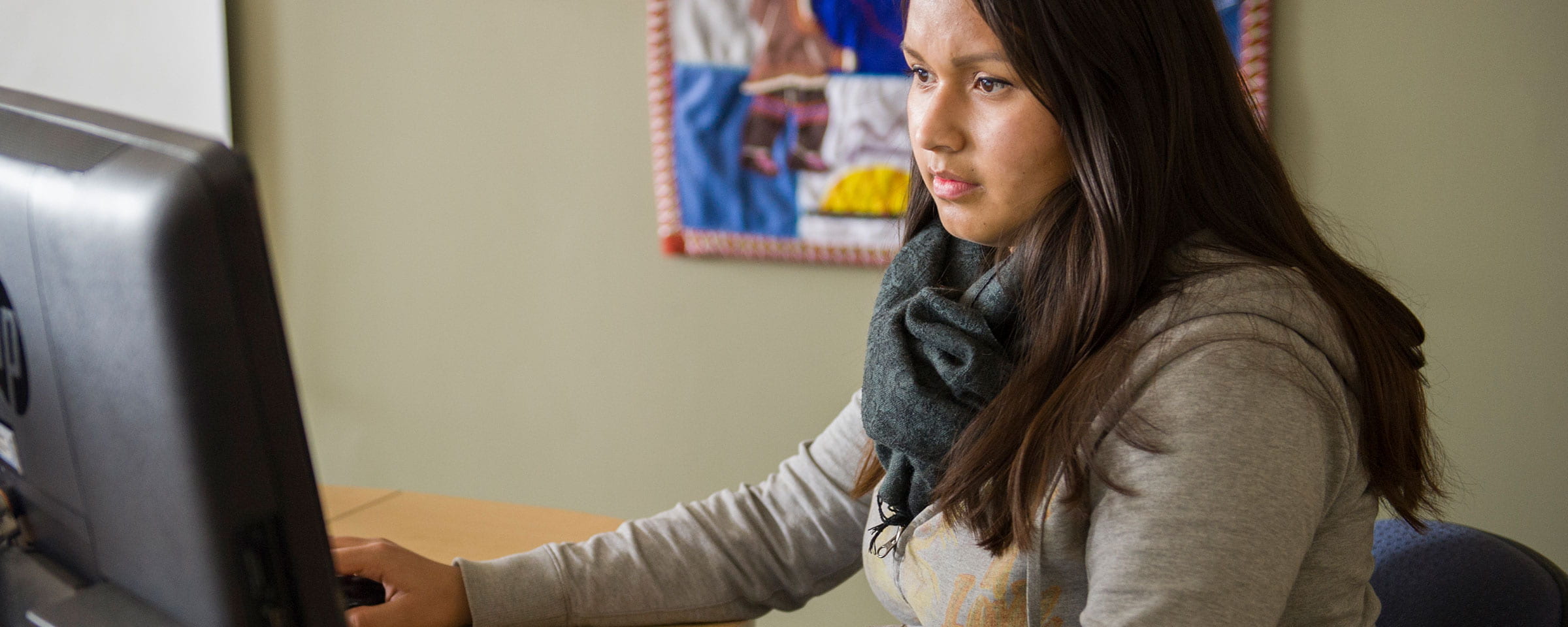Winter Solstice Virtual Celebration
Winter Solstice
Wednesday, December 16 | 2 pm
Facebook Live
Gatherings for the Winter Solstice bring comfort, warmth, and people together to share stories, laughter and of course, food. In many Indigenous cultures, winter represents an ancestral spirit, so reflecting on the past by sharing stories and thanking our ancestors is an important part of honouring where we’re from, especially as we plan for the cold months ahead.
Pull up a seat as we enjoy tales, teachings and story-telling from our Elders-in-Residence, special guests Rob Malo and Cliff Cardinal, and our very own Joseph Alex, Culinary Skills Instructor, is going to show us how to cook a meal perfect for this time of year. Hope to see you there!
SCHEDULE
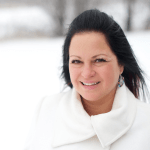 Tracy Brant, Chair, Indigenous Education, brings greetings.
Tracy Brant, Chair, Indigenous Education, brings greetings.
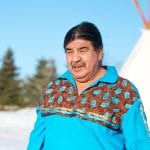
Elder Paul Guimond
Elder Paul will begin our event with an Honour Song and a teaching of the bear. He will also regale us with tales from his past.
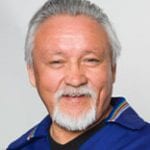 Elder Jules Lavallee
Elder Jules Lavallee
Elder Jules Lavallee shares stories from his childhood growing up in St. Laurent.
 Rob Malo
Rob Malo
Rob Malo, also known as TiBert le Voyageur is a Franco-Manitoban Métis storyteller, author, stage performer, juggler, poet, and community builder who shares his passion for history and culture with people of all ages. Recognized by Storytellers of Canada as being a Master Storyteller, Rob has also been the Storyteller in Residence at the University of Manitoba. He delights audiences through storytelling, music and song.
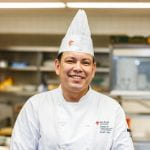
Joseph Alex, Culinary Skills Instructor
Joseph Alex shows us how to prepare a nutritious venison (deer meat) stew with winter squash, and takes us through all the health benefits you can reap from your dish.
For dessert, wild rice pudding!
 Cliff Cardinal (Creator and Performer)
Cliff Cardinal (Creator and Performer)
Cliff Cardinal premieres his new story A Christmas Tail for the Red River College community!
Born on the Pine Ridge Indian Reservation, Cliff Cardinal is best known for his solo play “huff”, which he has performed over 200 times. This hard-hitting yet hilarious show about indigenous youth who abuse solvents, has won numerous awards including the Buddies in Bad Times’ Vanguard Award for Risk and Innovation and two Dora Awards (Outstanding Performance, Outstanding New Play). The production was awarded a five-star review in The Guardian Observer which called it a “hard-hitting tour de force.” “huff” has been published, translated into French, continues to tour and has been released as a podcast by the CBC. Cliff also wrote “Stitch” and “Too Good To Be True” before embarking in new solo venture, “Cliff Cardinal’s CBC Special”. He is the associate artist at VideoCabaret. You can also hear his band, Cliff Cardinal and The Skylarks, on Spotify.
Recipes
Venison Stew
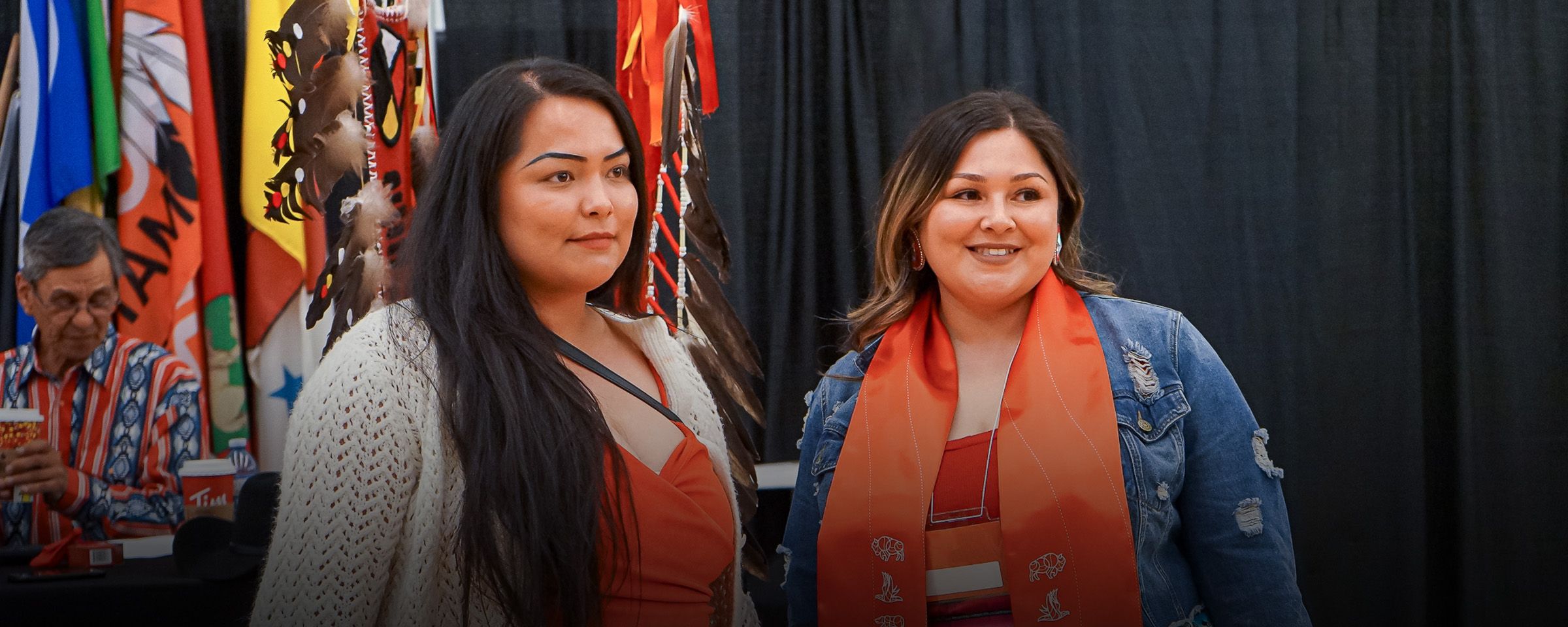
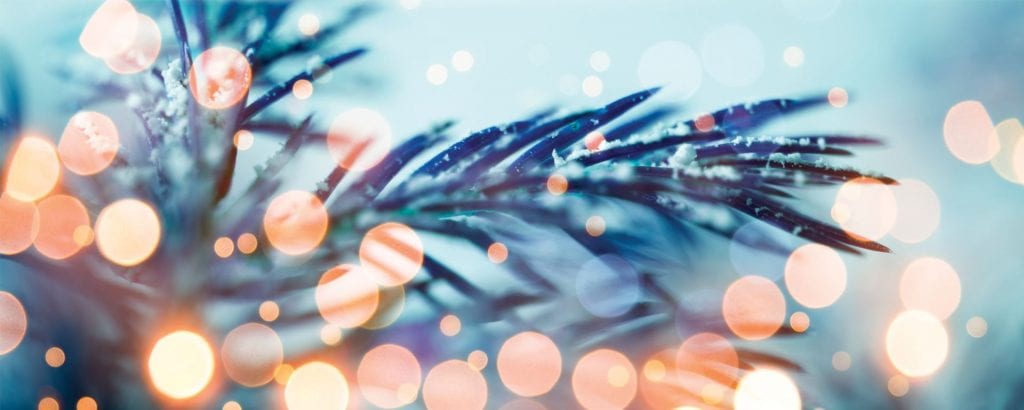
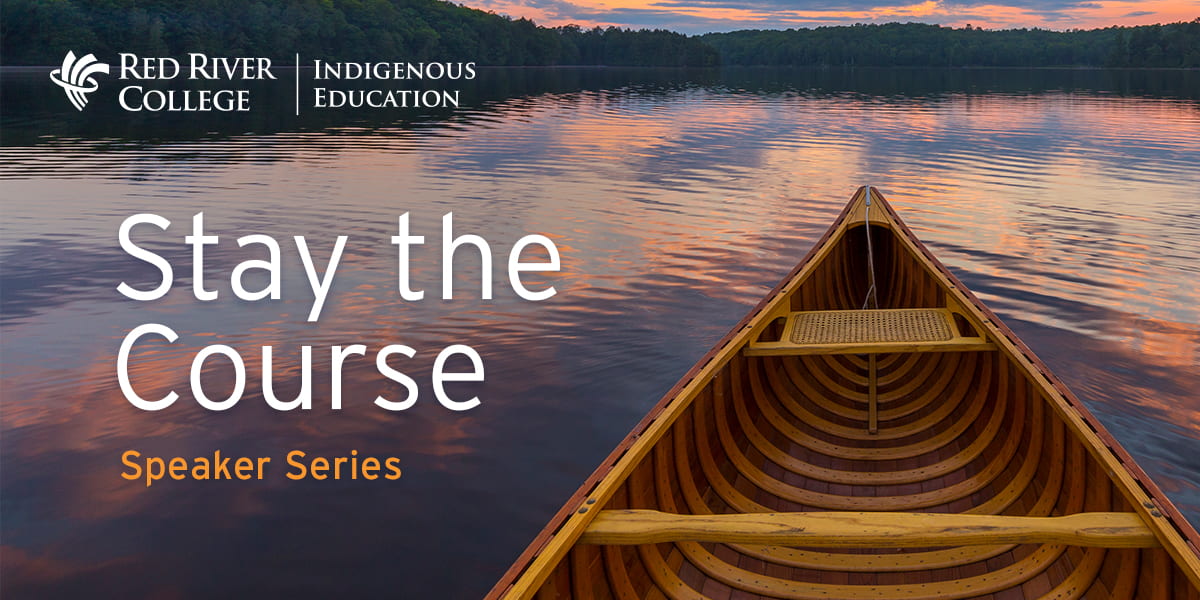
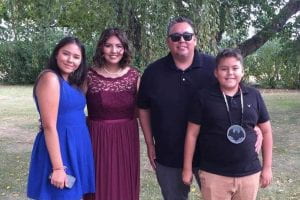 Kevin Monkman is from the small community of Vogar Manitoba and is currently a Research Analyst with Manitoba Hydro. He has been with Hydro for 14 years in various roles. He started out as a summer student and was lucky enough to continue working throughout the school year.
Kevin Monkman is from the small community of Vogar Manitoba and is currently a Research Analyst with Manitoba Hydro. He has been with Hydro for 14 years in various roles. He started out as a summer student and was lucky enough to continue working throughout the school year.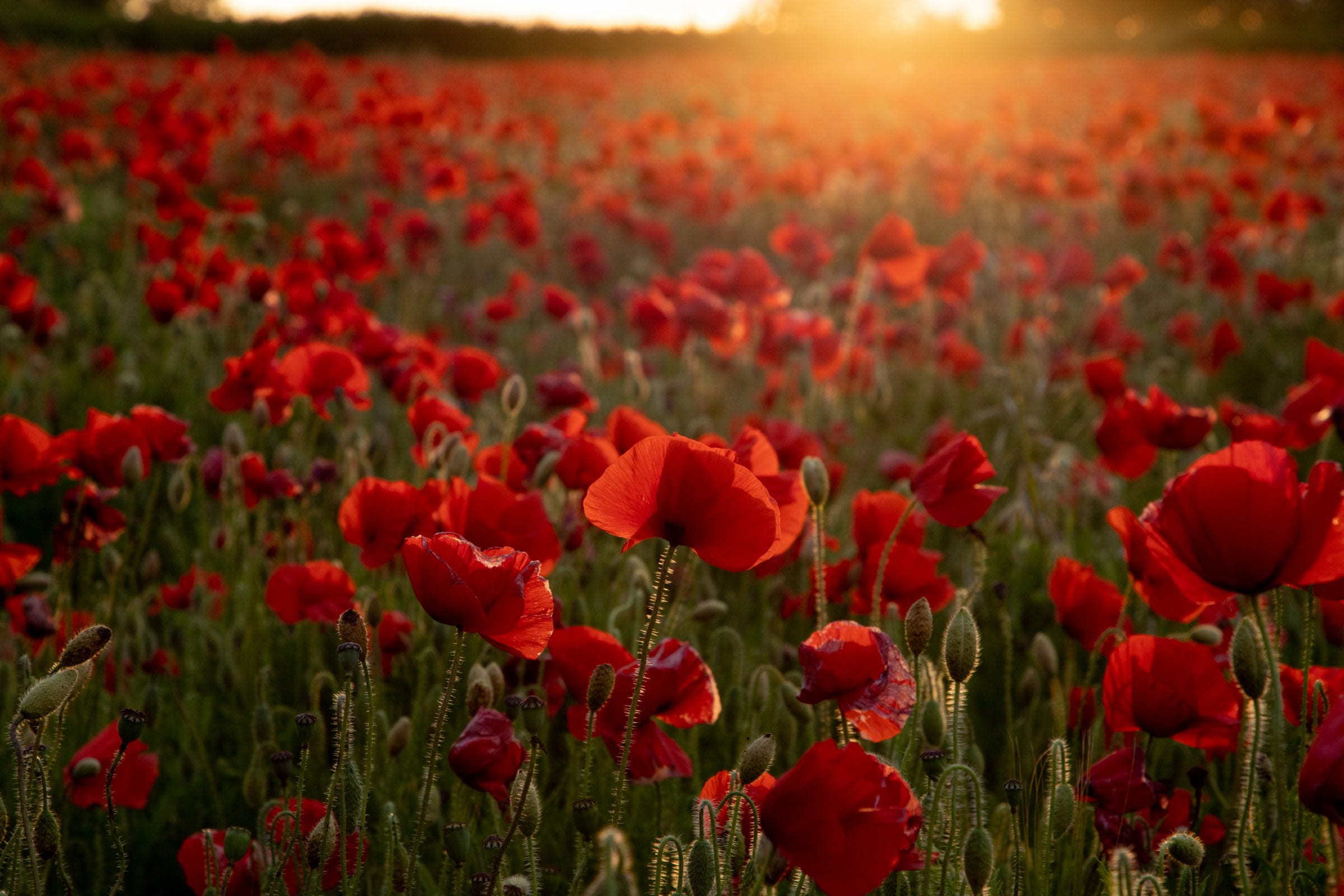
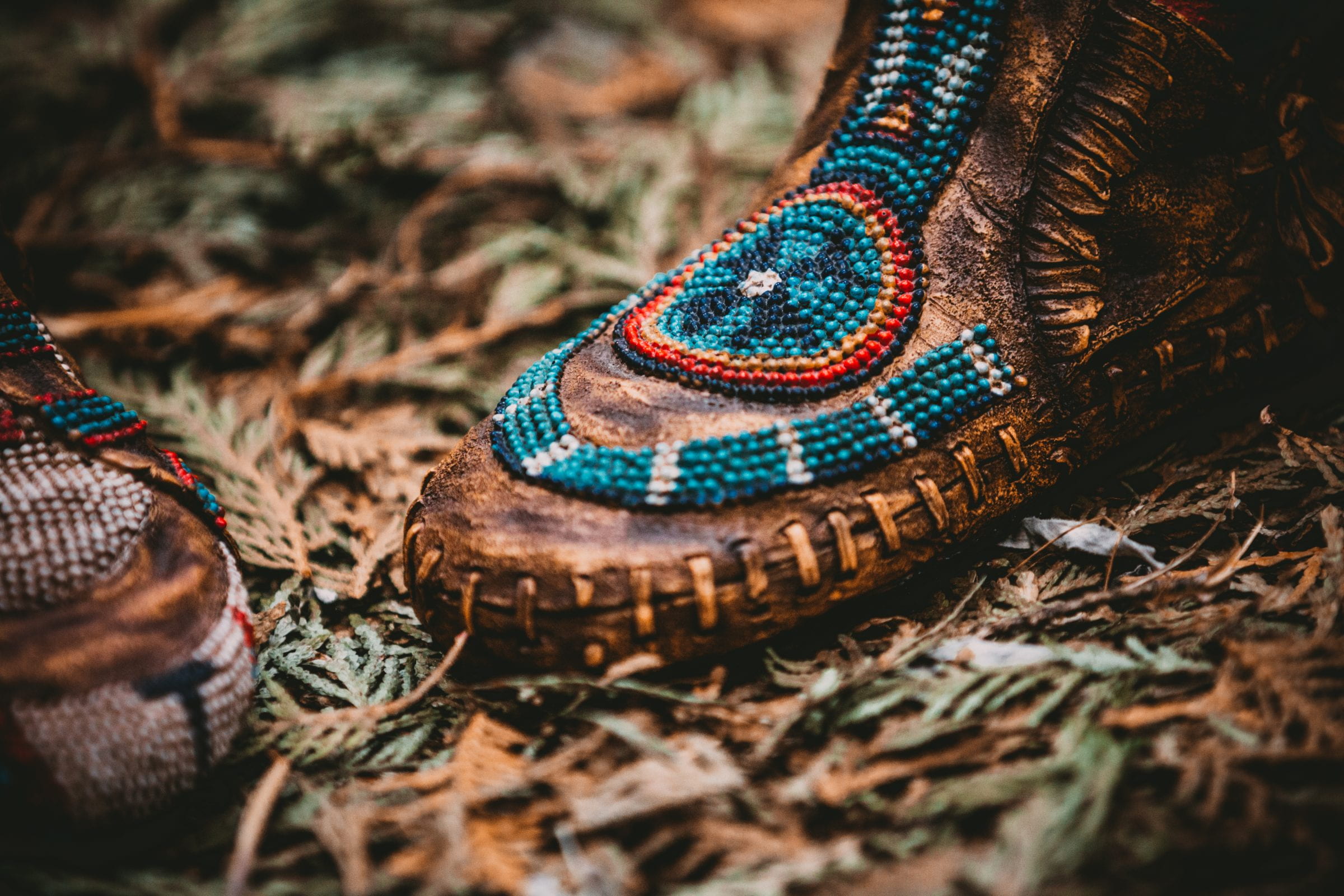
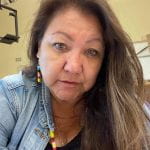 Our first featured speaker is Arlene Flatfoot, an Anishinabe from the Ebb and Flow Ojibway Nation in Treaty Two Territory. After graduating from Ebb and Flow School in 1986, Arlene enrolled in the Secretary Machine Transcription course at Red River Community College. Her 2-year-old daughter was enrolled in the day care centre while she attended classes. It was extremely difficult for Arlene to leave her home reserve for a city that she did not know well. Being a young mother, Arlene was persistent to complete her course at RRC so that she could provide a good upbringing for her daughter. She always tries to live a life of pino-pimatiswin for children and her grandchildren. She will be graduating in October 2020 with a Master’s Degree in the area of Language and Literacy from The University of Manitoba.
Our first featured speaker is Arlene Flatfoot, an Anishinabe from the Ebb and Flow Ojibway Nation in Treaty Two Territory. After graduating from Ebb and Flow School in 1986, Arlene enrolled in the Secretary Machine Transcription course at Red River Community College. Her 2-year-old daughter was enrolled in the day care centre while she attended classes. It was extremely difficult for Arlene to leave her home reserve for a city that she did not know well. Being a young mother, Arlene was persistent to complete her course at RRC so that she could provide a good upbringing for her daughter. She always tries to live a life of pino-pimatiswin for children and her grandchildren. She will be graduating in October 2020 with a Master’s Degree in the area of Language and Literacy from The University of Manitoba.